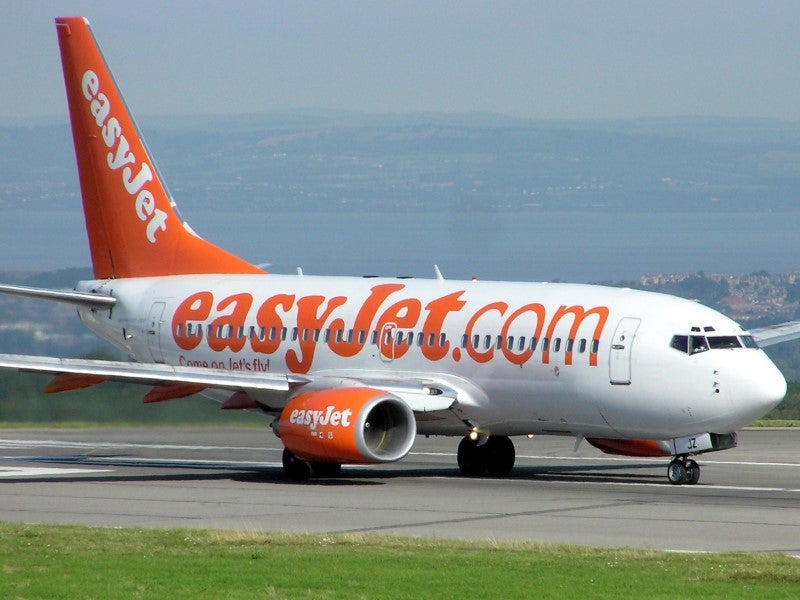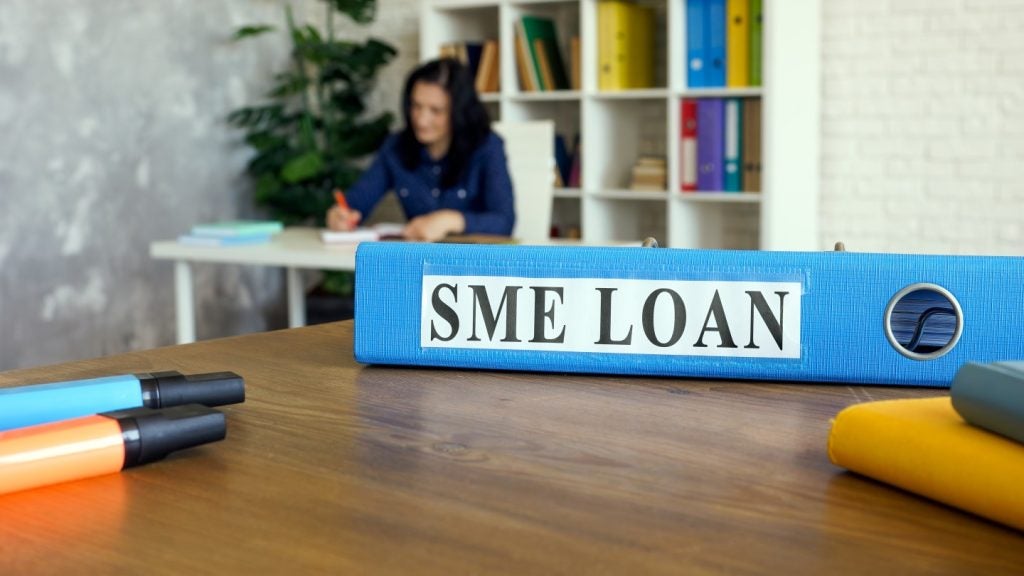
British airline easyJet said it would continue to explore funding opportunities after raising £203.6m from the sale and leaseback of aircraft as its finances manage the hit from Covid-19, Reuters reported.
Like other operators in the industry, the low-cost airline has been exploring ways to improve the value of its assets against its liabilities, and although flying has resumed, recently announced travel bans have added to its woes.
On 14 August, the UK authorities added France to its quarantine list (alongside Spain, Malta and The Netherlands), meaning that those flying to Britain from France will need to self-isolate for two weeks on their return. This is expected to lead to UK-based airlines to cancel some flights from these destinations.
Against this backdrop, easyJet said on 14 August that it had raised £608m from a sale and leaseback plan for 23 aircraft, at the upper end of guidance for proceeds, Reuters reported.
Under a sale and leaseback arrangement, the airline sells aircraft and leases it back over the long term, allowing it to improve its working capital while continuing to have access to the fleet but not longer having ownership of it.
“EasyJet will continue to review its liquidity position on a regular basis and will continue to assess any further funding opportunities,” the airline said in a statement.
The latest sale and leaseback deal was for five A321neo aircraft with Jin Shan 37 Ireland Company, a unit of China-based Bank of Communications Financial Leasing, in return for $266m in cash, with the aircraft leased back until each reaches around 10 years of age, the wire service reported.
In a statement to the Stock Exchange, easyJet said: “Following the successful conclusion of this sale and leaseback programme, easyJet has now raised over £2.4bn since the beginning of the Covid-19 pandemic.
“This comprises £400m from drawing down our revolving credit facility, £600m from the UK government’s Covid Corporate Financing Facility, £400m from two term loans, the £608m in proceeds from the sale and leaseback programme and £419m of equity issuance.
“EasyJet will continue to review its liquidity position on a regular basis and will continue to assess any further funding opportunities.”
To date the UK Government has denied airlines a bailout, forcing carriers such as EasyJet to raise extra cash through other means.







